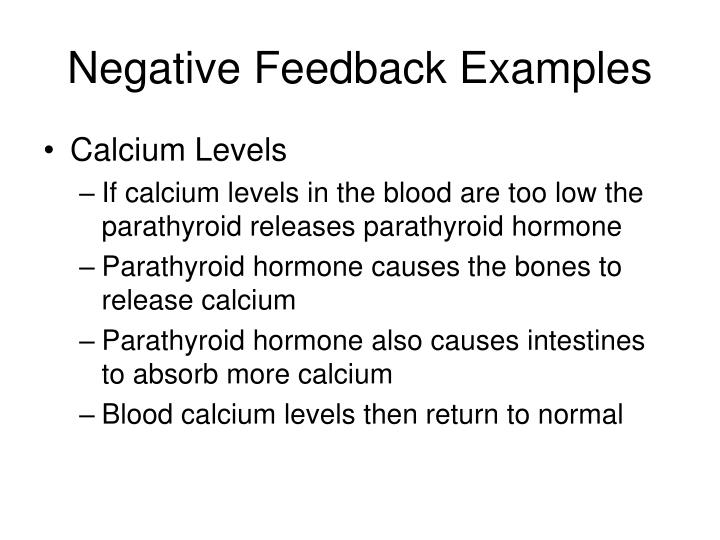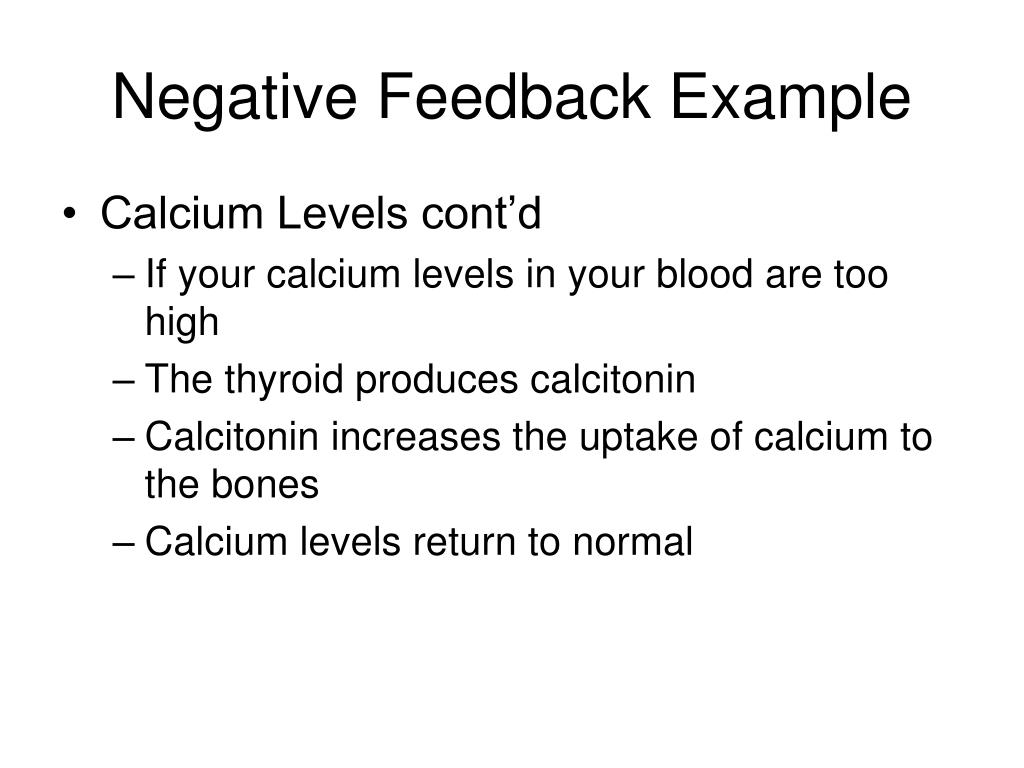
A decrease in employee turnover or human resource churn – one study found that there’s a 9 % lower turnover rate in companies that implement regular employee feedback to improve employee engagement.And 86% of job seekers will avoid applying to a company with a poor image and toxic culture. A strong company culture that attracts new employees based on shared values and job satisfaction – companies that foster a strong, positive workplace culture may see up to 400% revenue growth.Disengaged employees, on the other hand, are 10% less productive. A study by Warwick University found that happier employees are around 12% more productive. More engaged workers, which improves performance and boosts team morale.Organizations with better employee experiences have: Exceptional feedback celebrates employee strengths and identifies opportunities to learn and grow.įree eBook: 23 essential books & podcasts for HR leaders Why is employee feedback important?Įmployee feedback is one way you can make employee experiences truly transformative, through the quality of its connections and conversations.īy developing a culture of feedback and empowering employees to be great at delivering and receiving feedback, you create distinctive employee experiences. make constructive feedback a consistent habitįeedback, whether it’s informal or formal, helps to connect employees, align teams, and accomplish goals.


use employee feedback to set development goals.And companies achieve better results when they: Only 15% of global employees are ‘engaged’ – that is, enthusiastic about their work and contributing to their organizations in a positive way. Reviewed by: Aaron Carpenter What is employee feedback?Įmployee feedback is a process whereby one employee, usually a supervisor or team member, gives another employee a critique of their work, performance, abilities, attitudes and skills, with the purpose of learning and growing.


 0 kommentar(er)
0 kommentar(er)
